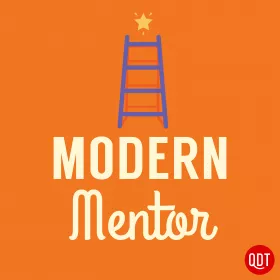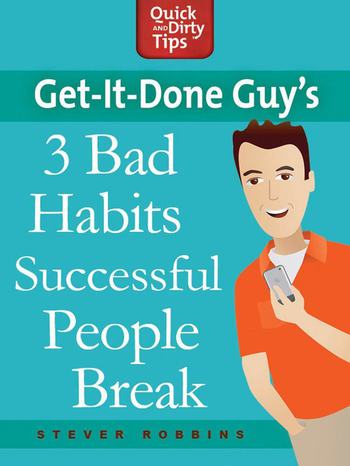
Modern Mentor
Modern Mentor is your guide to leadership and communication, helping you craft workplace success and an employee experience you can feel good about.
Listen Now
More From Modern Mentor
Meetings, one of the most criticized elements of the workplace, are often vilified for hindering productivity rather than promoting it. According to t...
In the busy world of business, communication is the key that unlocks many doors. This article will provide insights into the importance of communicati...
How to improve communication at work with tense teams In my role, I spend a lot of my time running Pulse Checks—engaging in open and honest conversa...
Introduction As we continue in the new year, the allure of a fresh start and the pursuit of success beckon us. The tradition of making New Year’...
Introduction: A Timeless Practice for Reflection We’re posting this at the end of 2023. And my goal today is to share one of my favorite year-en...
Know how many Google search results there are for the phrase “manage burnout?” Over 39 million! It seems the struggle is still so real for so many...
I’ve been fortunate in recent weeks to take some amazing time off. I traveled with my family, saw new parts of the world, rested deeply, and I’m f...
I really do think one of the best ways to enhance the employee experience and your workplace is to ensure we’re also prioritizing life experiences�...
I’m excited to share with you a conversation I had recently with leadership and coaching expert Michael Bungay Stanier. Michael Bungay Stanier helps...
The Importance of Communication Communication is one of the most important things we all need to do—whatever profession we choose. In this article I...
About

Modern Mentor is your guide to leadership and communication, helping you craft workplace success and an employee experience you can feel good about.













